The clock creates a soft halo illuminating the room, displaying a bright 5 a.m that blinks in a parallel rhythm to the sound of typing that penetrates the quiet air. Ruhan Gupta ‘27 sits at his desk, focused on his screen while furiously coding away at his latest project: Algo. Out of the corner of his eye, the user count for the website climbs and climbs. Ruhan’s best memories of coding are nights like these, where he is doing what he’s passionate about.
Ruhan’s coding journey started in second grade. He discovered his passion on the introductory platform Code.org, and began self-studying computer science through Khan Academy. Although an uncommon hobby for a second-grader, computer science sparked Ruhan’s passion for coding and prompted him to keep pursuing the interest. After completing the Khan Academy course, he moved on to more serious coding languages.
“I’ve written around 10,000 lines on code.org,” Ruhan said. “I’ve always loved completing those little challenges of Minecraft and Flappy Bird because it piqued my interest about how just writing these lines of code can, at a larger scale, solve really, really big problems, even if it just begins as solving a small Minecraft problem.”
Ruhan has always been self-sufficient in his hobbies. Whether managing a business or marketing his latest program, his entrepreneurial spirit proved useful in what he considered to be his most successful project, Algo. A personalized training platform built for students worldwide to enhance their algorithmic thinking skills, Algo is catered toward major computer science competitions such as the USA Coding Olympiad (USACO).
“One of my biggest passions is computer science, and basically using algorithms and code to help solve big problems,” Ruhan said. “I stumbled across the USACO, since it’s a worldwide competition that allows you to demonstrate these skills and win awards for them. While I was practicing and training for it, I realized that there wasn’t a real, comprehensive way to study for the USACO. There wasn’t any practice information or a practice platform to strengthen your skills, so I built Algo to solve that issue for people who are training for the USACO.”
With an international reach of over 79 countries and over 2,900 users, Algo’s impact on the worldwide community is evident. However, Ruhan never intended for Algo to have such a global presence. Beginning the project in January of 2023, he initially made it as a tool for himself. In fact, his parents had no idea of their son’s coding project.
“After I just posted some links [to Algo on Discord and Reddit] for fun, I saw one day I had an increase of around 200 users,” Ruhan said. “At this point, I hadn’t even told my parents that I was doing this, so I was really astonished [about Algo’s success]. I’d originally just built this for myself. I didn’t really think many people would use it. [I thought] ‘Okay, maybe I can give it to my friend’ or ‘I can access it on my computer or my phone’. I was just watching the numbers slowly grow as people from across the world were starting to access my website.”
Although Algo’s success is now both widespread and ever-growing, it was not an overnight phenomenon. Ruhan took measures to advertise Algo in computer science communities, from marketing it on Discord servers and Reddit forums to spreading it via word-of-mouth. Many of his peers note that his techniques could create a source of widespread inspiration for entrepreneurs and aspiring coders.
“I was able to just post [Algo] on the web and then spread the link to other people around the country on Discord,” Ruhan said. “I think because of the way that I didn’t use any money at all, except for the website domain to create [Algo], it serves as a way to tell students that you can still be an entrepreneur with absolutely no money, with no revenue, [by] just doing something new and interesting.”
An entertaining memory for Ruhan regarding Algo occurred right before the 2024 USACO in January. When the official USACO website went down, USACO participants no longer had access to previous problems – their only source of test material. Once again proving the usefulness of the platform, Algo had a database of the problems, allowing users to continue their preparation while the website was down.
“I saw a lot of increase in users when the actual USACO website went down,” Ruhan said. “Apparently, someone had decided to [perform a] distributed Denial-of-Service (DDOS) [attack] the website, which is pretty funny for a computer science website – the fact that it was [not] secure. Because of that, nobody had access to the previous problems, so people were sending my link around.”
Whether at the beginner or advanced level, Westwood is known throughout the community to have established itself as a school proficient in computer science. From success at the UIL level to prosperous computer science clubs, many students hope to major in computer science and take an interest in coding. And as college applications become increasingly competitive every year, students consistently work to amplify their application strength through merit-based awards. USACO is a prime example of a popular computer science extracurricular, and Ruhan is proud to have created Algo to offer a simple yet effective method of preparation for students.
“We have a lot of students here who are interested in computer science,” Ruhan said. “It’s evident through the AI Club we have, the Computer Science Club, Tech Starters, etc. A lot of these clubs have a lot of students who are really invested in computer science. Then, we as a school also offer pretty advanced classes so it really helps some students who want to take the extra extracurricular lead and work on their skills outside of school, potentially also entering and participating in the USACO.”
While Algo began as a personal project, its success has further developed Ruhan’s hope of bringing computer science to newer generations and playing a part in the progression of technology and innovation. Ruhan is heavily interested in computer science’s capability to improve people’s lives. In addition, since USACO’s problems are similar to LeetCode, a platform that many employers utilize to gauge the skills of potential job applicants, Ruhan hopes that working on these skills early on with Algo will allow prospective coders to strengthen their professional abilities.
“Coding is applicable to so many different avenues in [the] medical field, economics, business,” Ruhan said. “It’s that one really important tool that everybody, I believe, should know because coding is going to be the way that we’re going to make huge leaps forward in our society. One of the long-term impacts that I want to achieve is to help people around the U.S. and the world strengthen their skills. USACO is a really good way for people to increase their algorithmic skills, and then they can use that in code interviews to potentially land jobs.”
Ruhan is enthusiastic when it comes to improving his website, demonstrating his passion for coding. From routine bug fixes to processing user feedback, he takes every measure to ensure that Algo users have the best possible experience.
“Algo has a mission to help people related to education, but it’s different [from my past projects] in the fact that it has a more widespread target towards a lot of computer science students who are not only in the United States, but across the world,” Ruhan said.
Striving for success, Ruhan wants to continue improving Algo. His current goals include creating more helpful projects that can benefit his community. While Algo is a completed project, he continues to update it, fix bugs, and amplify the learning experience through analyzing error reports and user input. To Ruhan, coding is a constant in his life and one of his biggest passions.
“I [enjoy coding] because of the power it has,” Ruhan said. “You can use it for good, and it can really change people’s lives.”




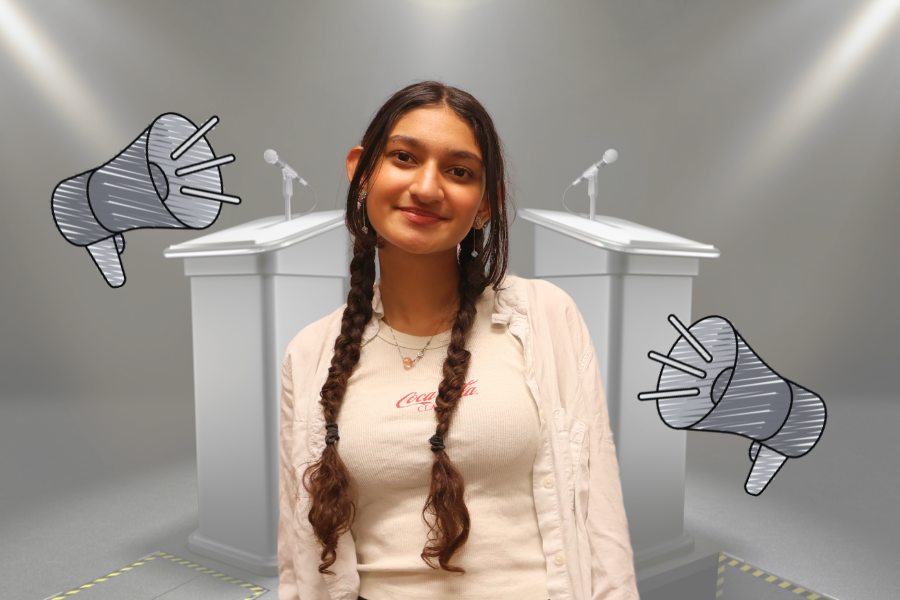
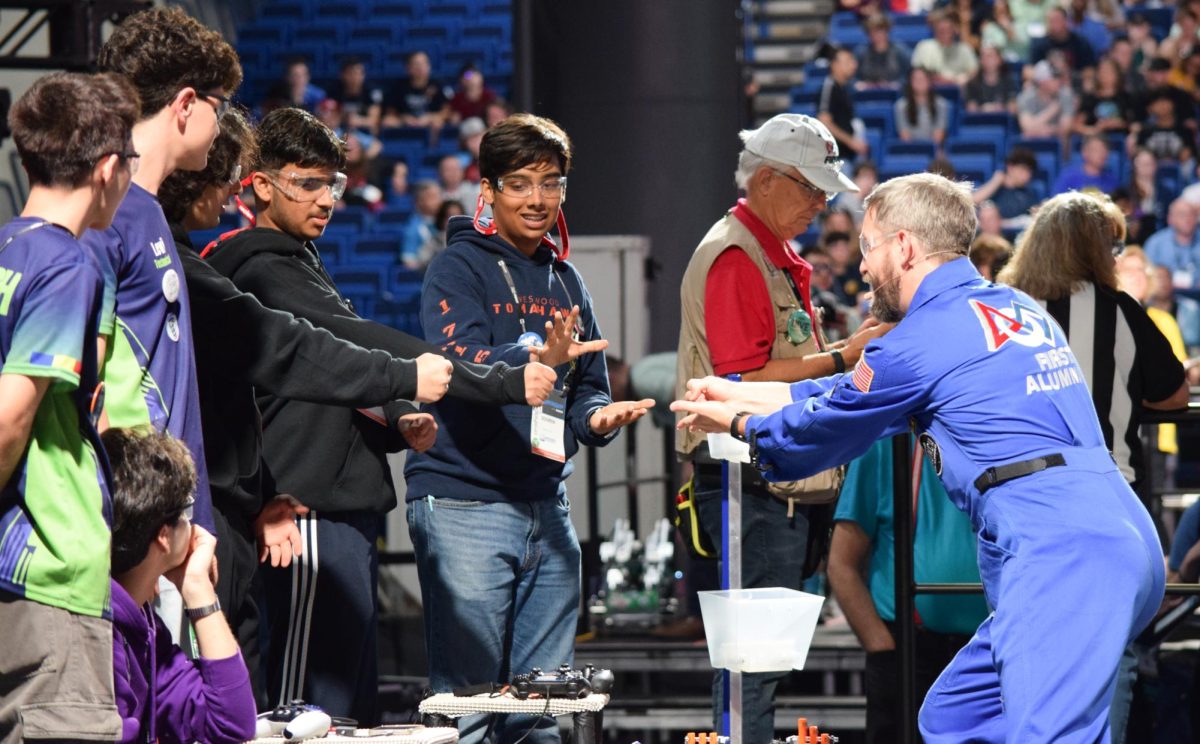
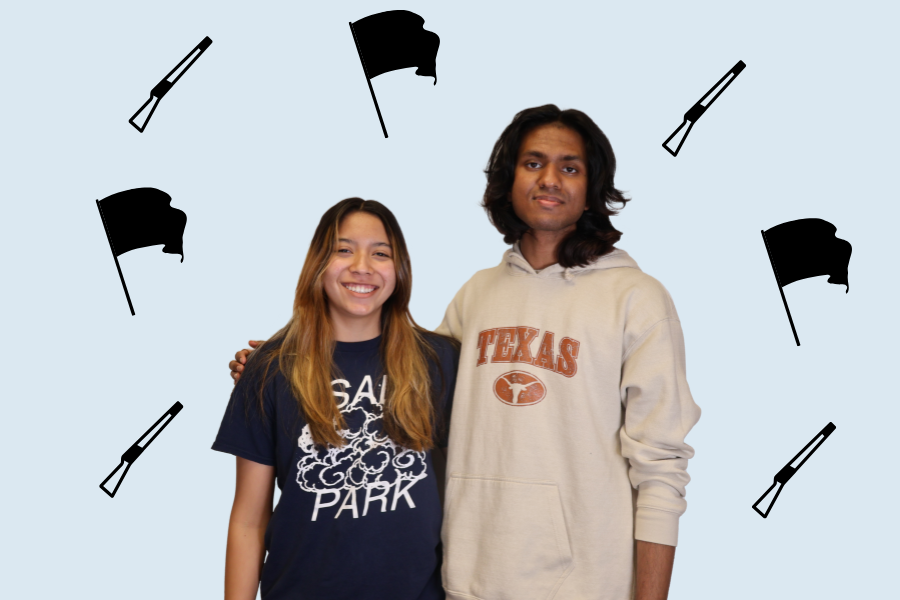
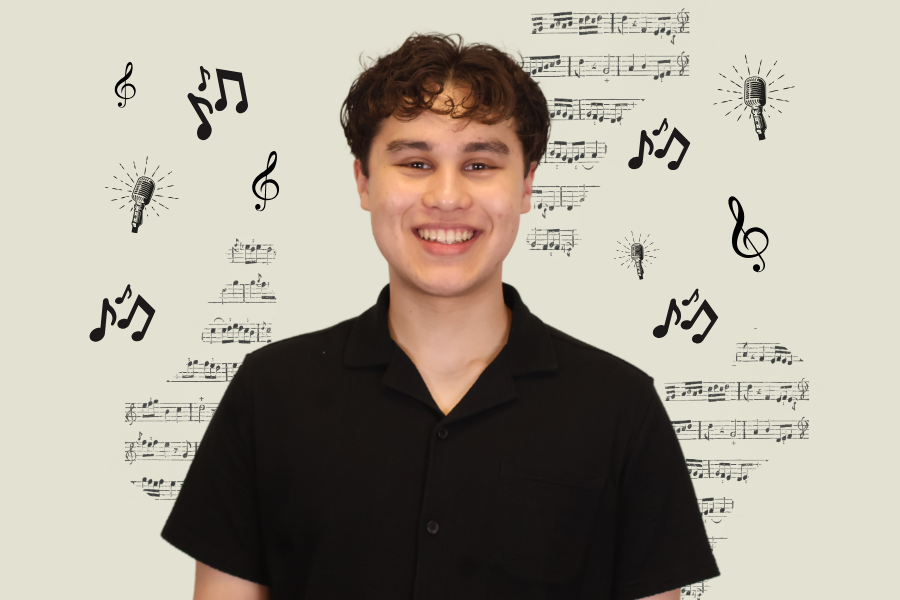


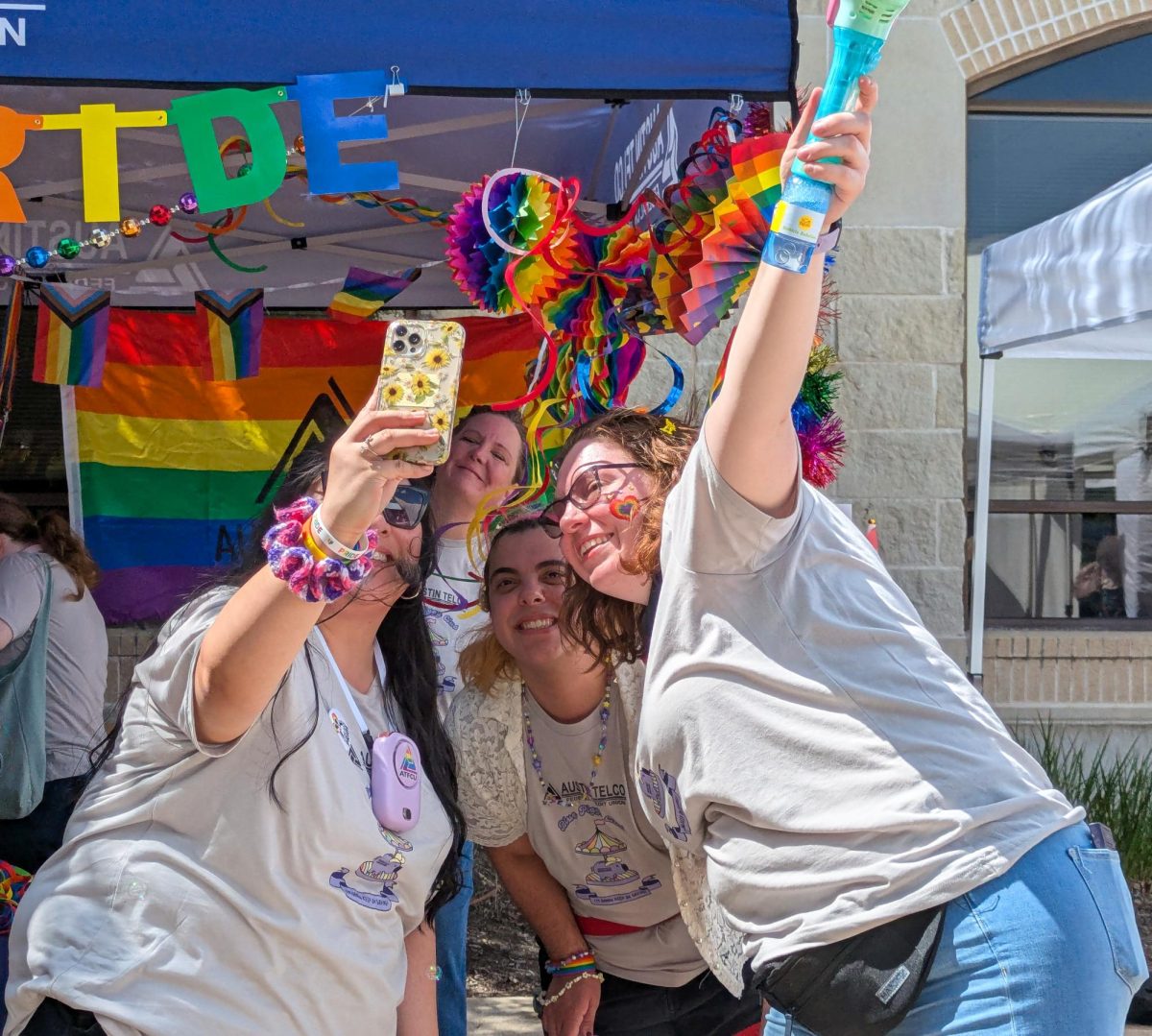
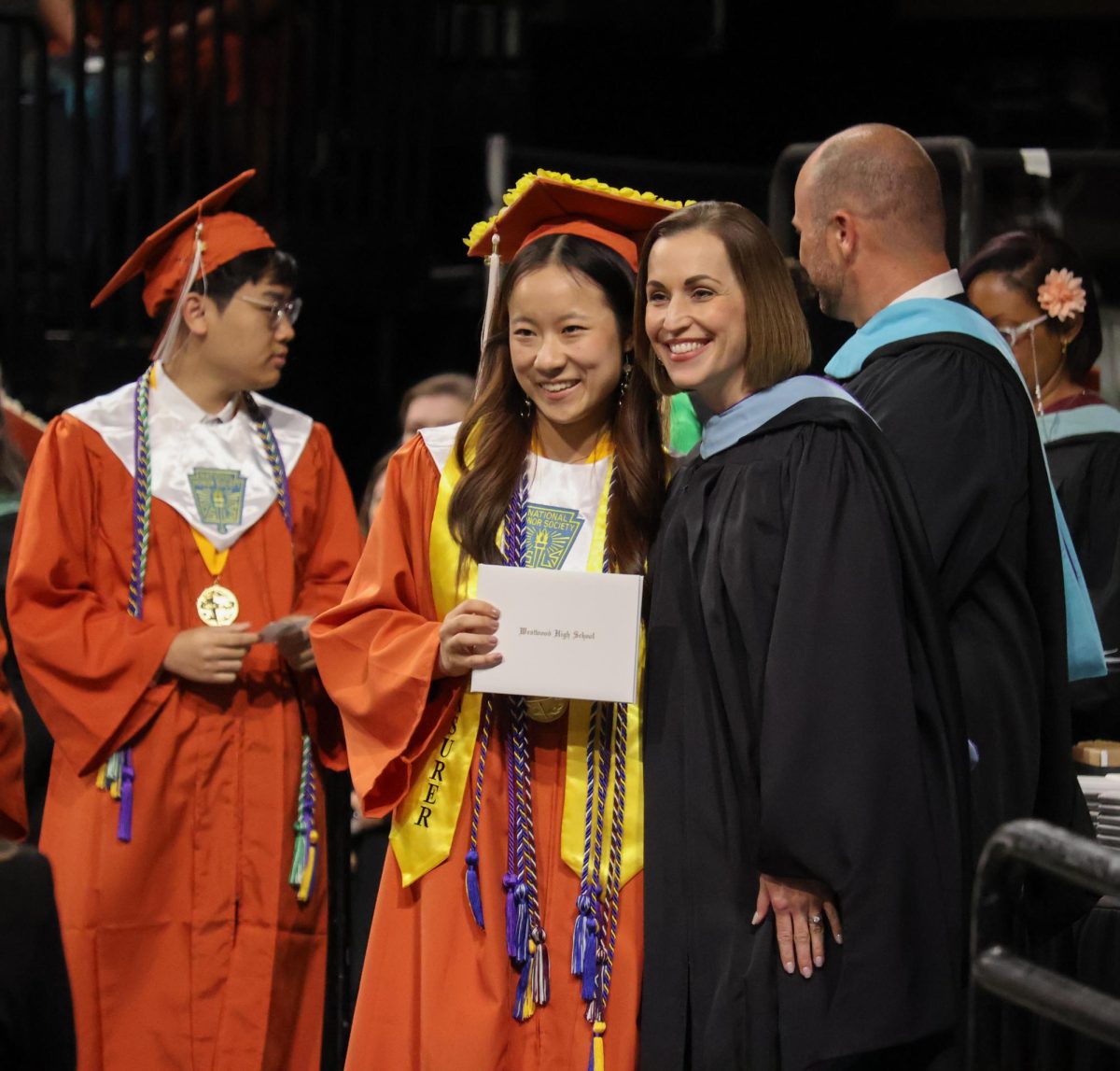
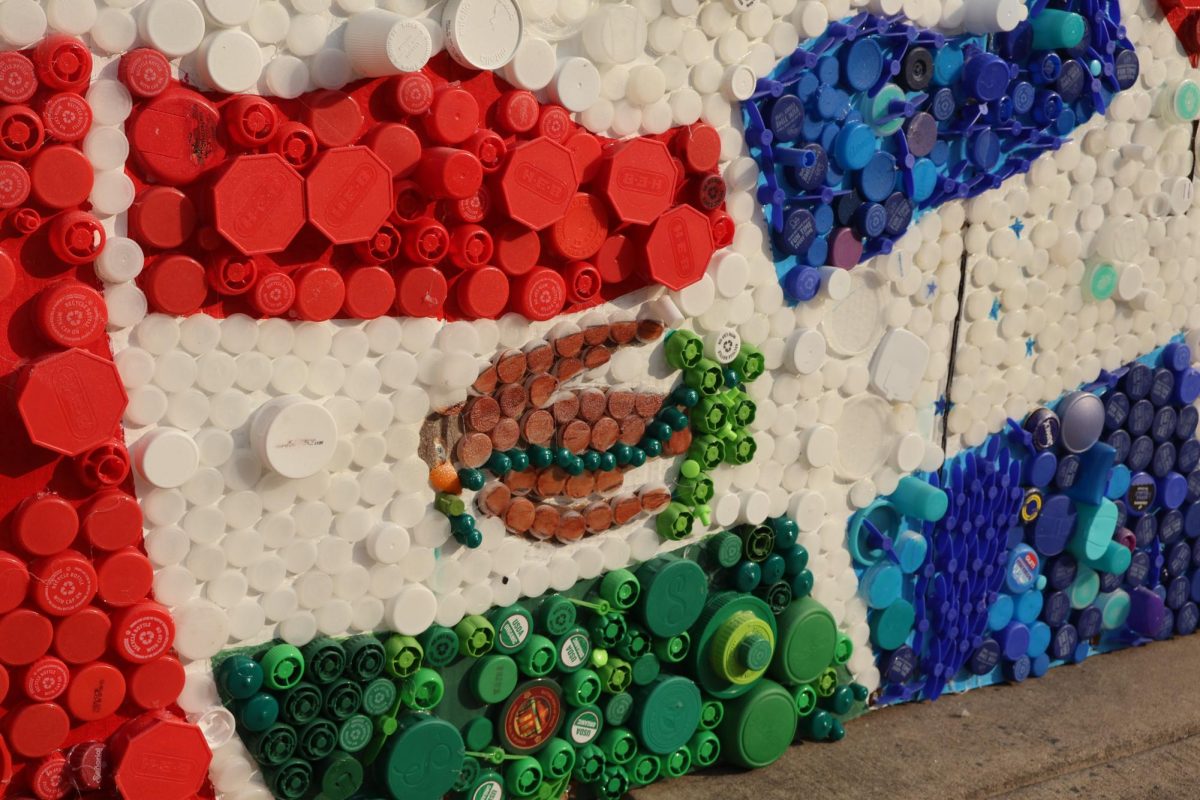





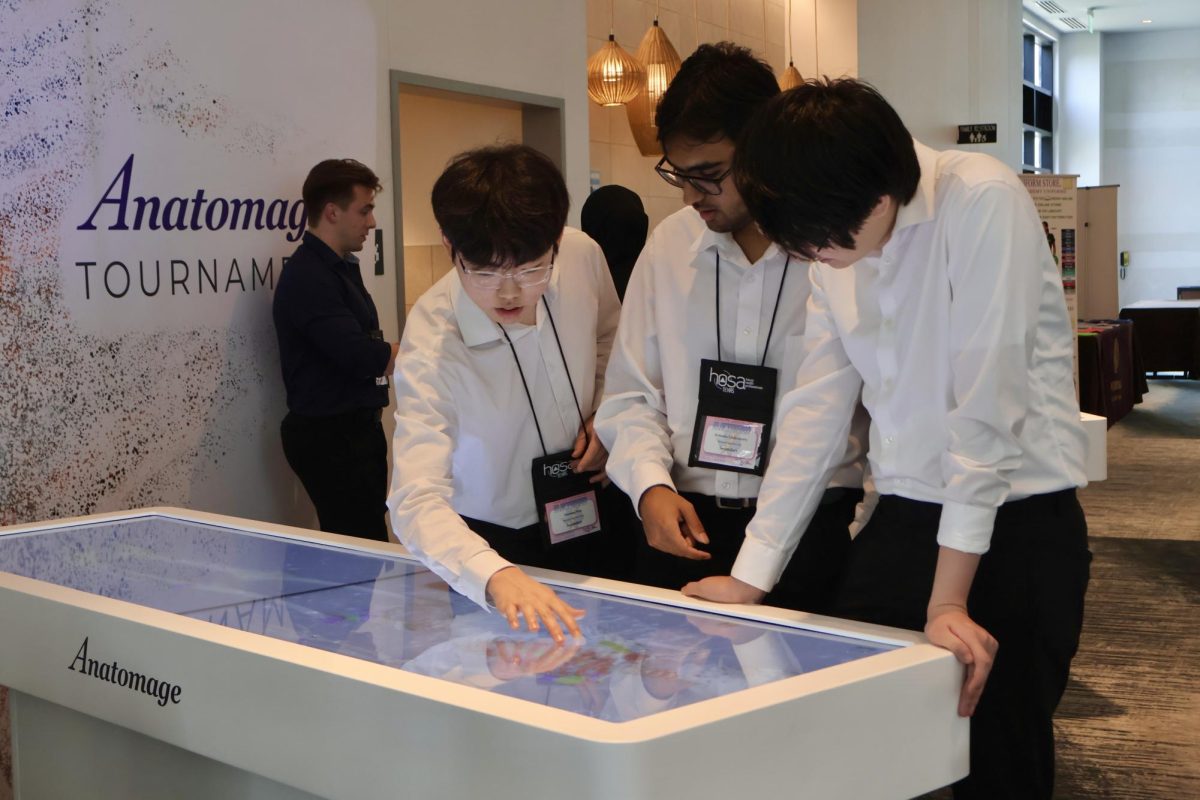
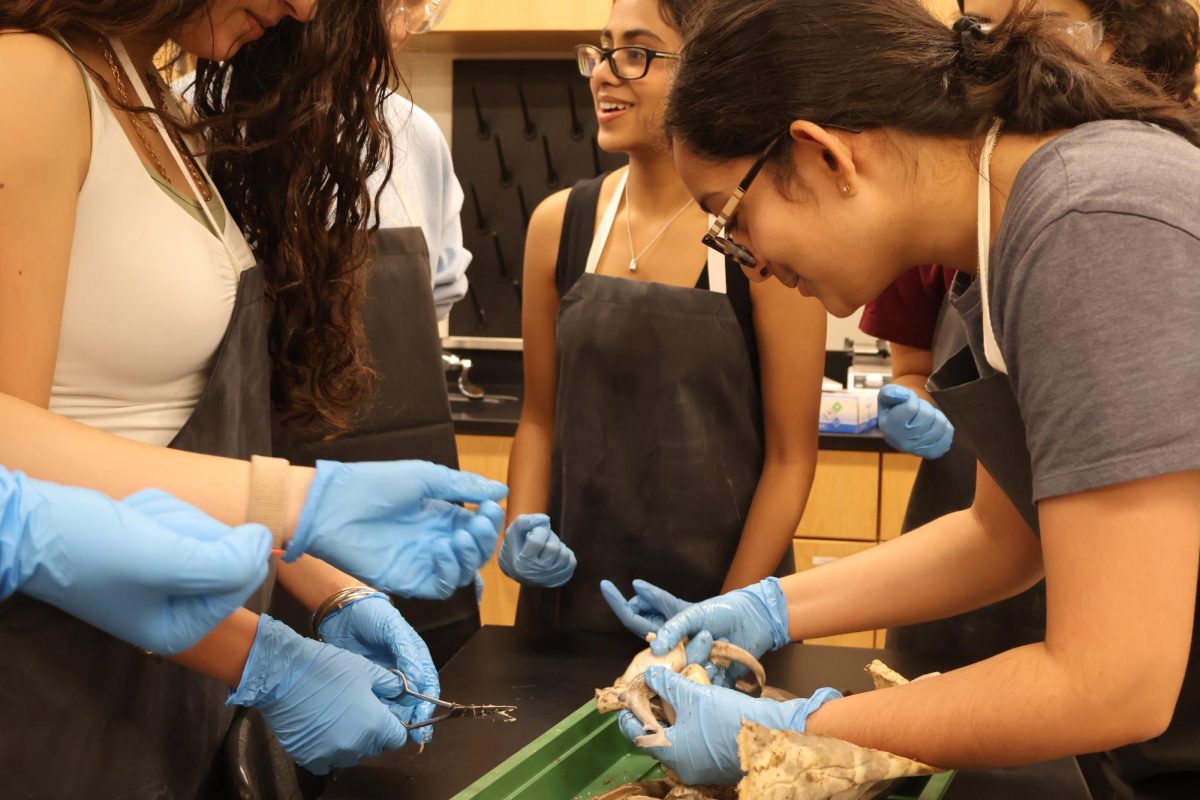
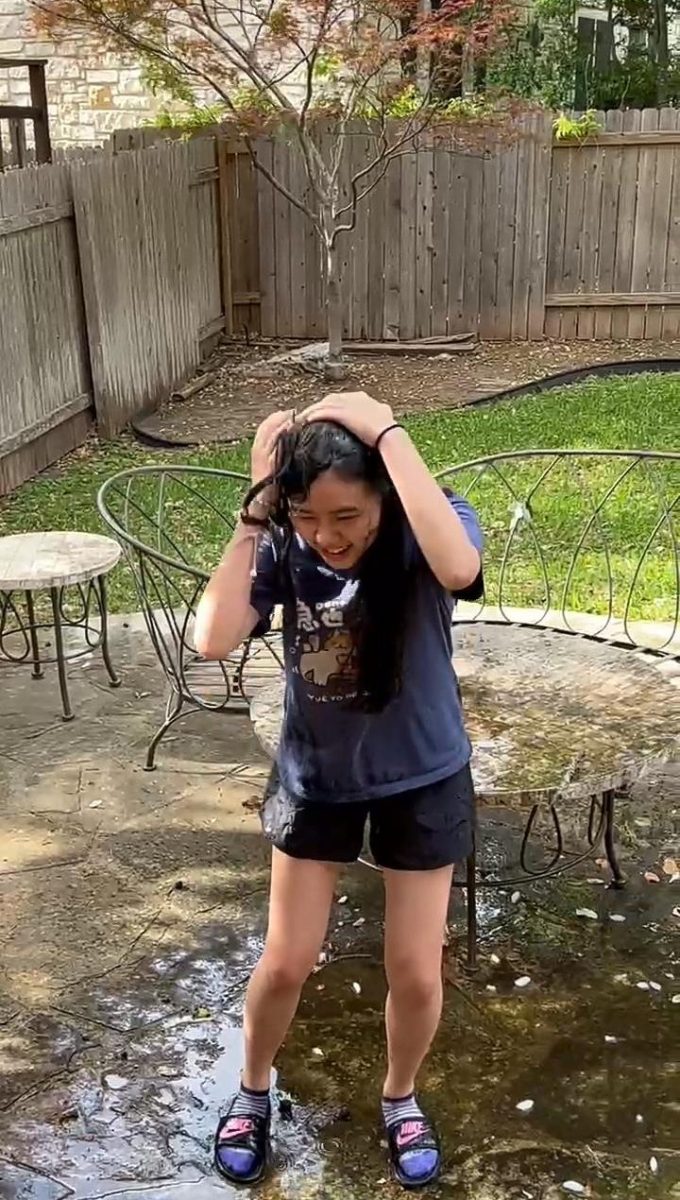
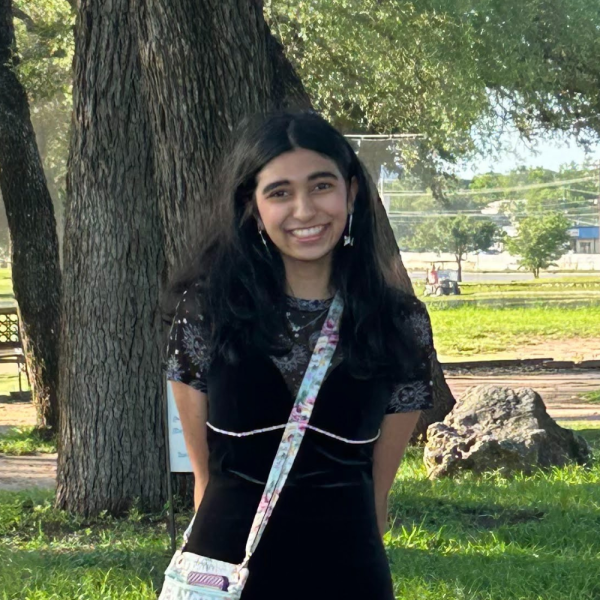
Ruhan Gupta • Jan 25, 2025 at 10:31 am
Thank you so much for featuring me! If you’d like to check out the website, it’s at algousaco. com 🙂